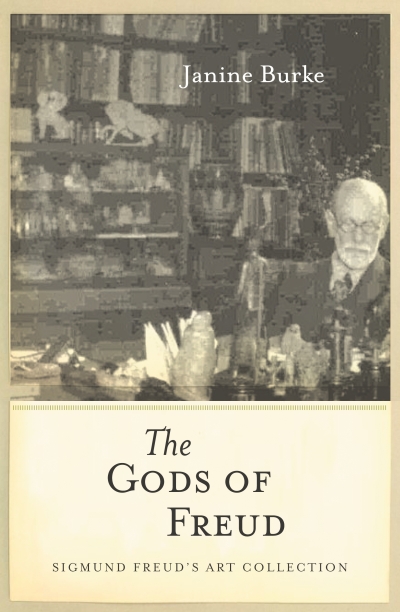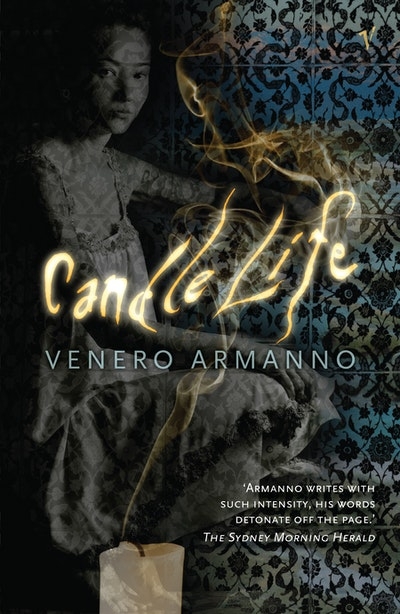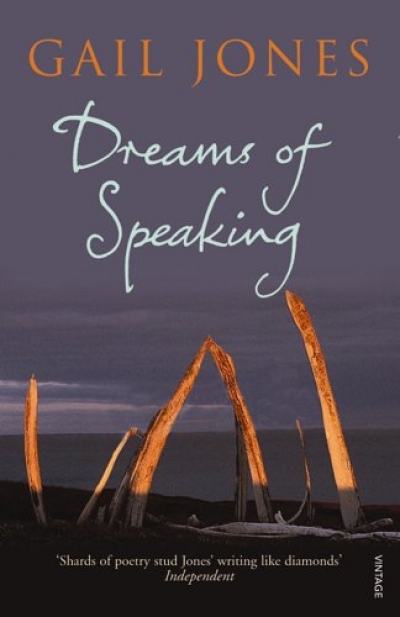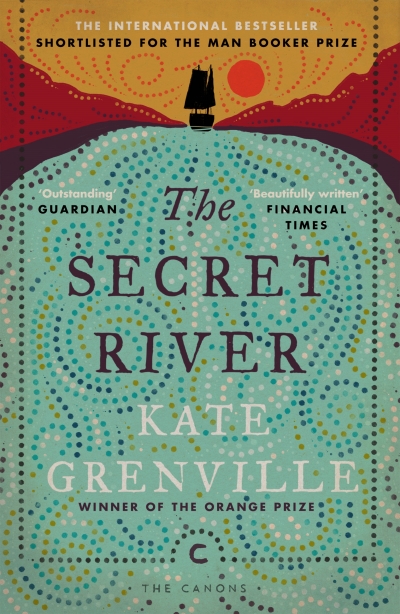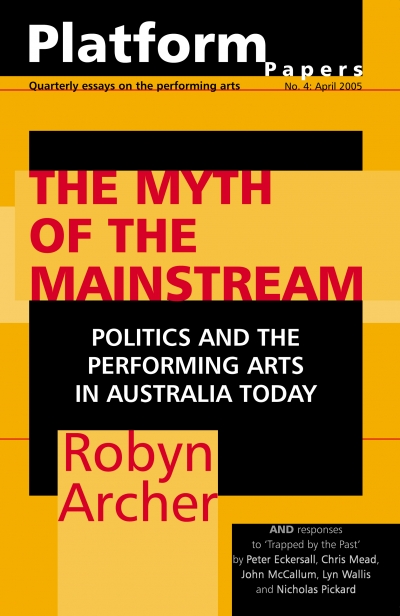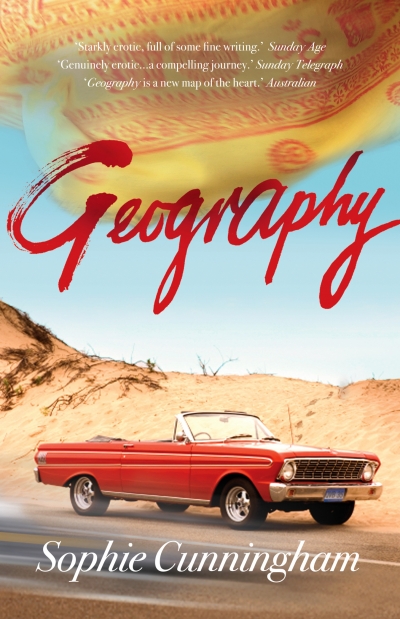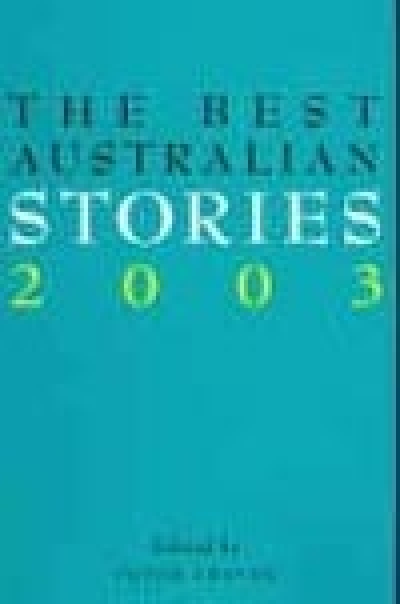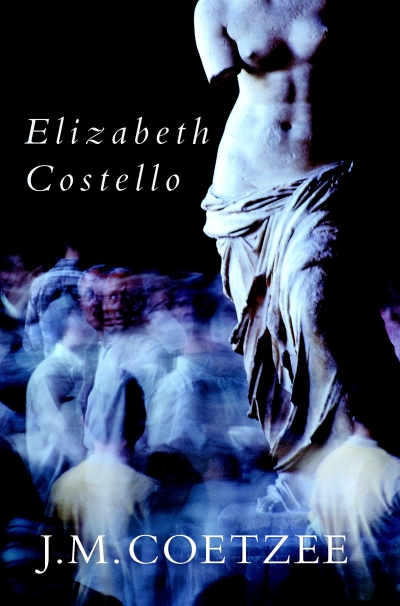Kerryn Goldsworthy
The Gods of Freud: Sigmund Freud's art collection by Janine Burke
by Kerryn Goldsworthy •
To celebrate the best books of 2005 Australian Book Review invited contributors to nominate their favourite titles. Contributors include Morag Fraser, Peter Porter, Kerryn Goldsworthy, Nicholas Jose and Chris Wallace-Crabbe.
... (read more)Platform Papers No. 4: by Robyn Archer & The Woman I Am by Helen Reddy
by Kerryn Goldsworthy •
To celebrate the best books of 2004 Australian Book Review invited contributors to nominate their favourite titles. Contributors included Dennis Altman, Brenda Niall, Kerryn Goldsworthy, Morag Fraser and Chris Wallace-Crabbe.
... (read more)The Best Australian Stories 2003 edited by Peter Craven & Secret Lives edited by Barry Oakley
by Kerryn Goldsworthy •

